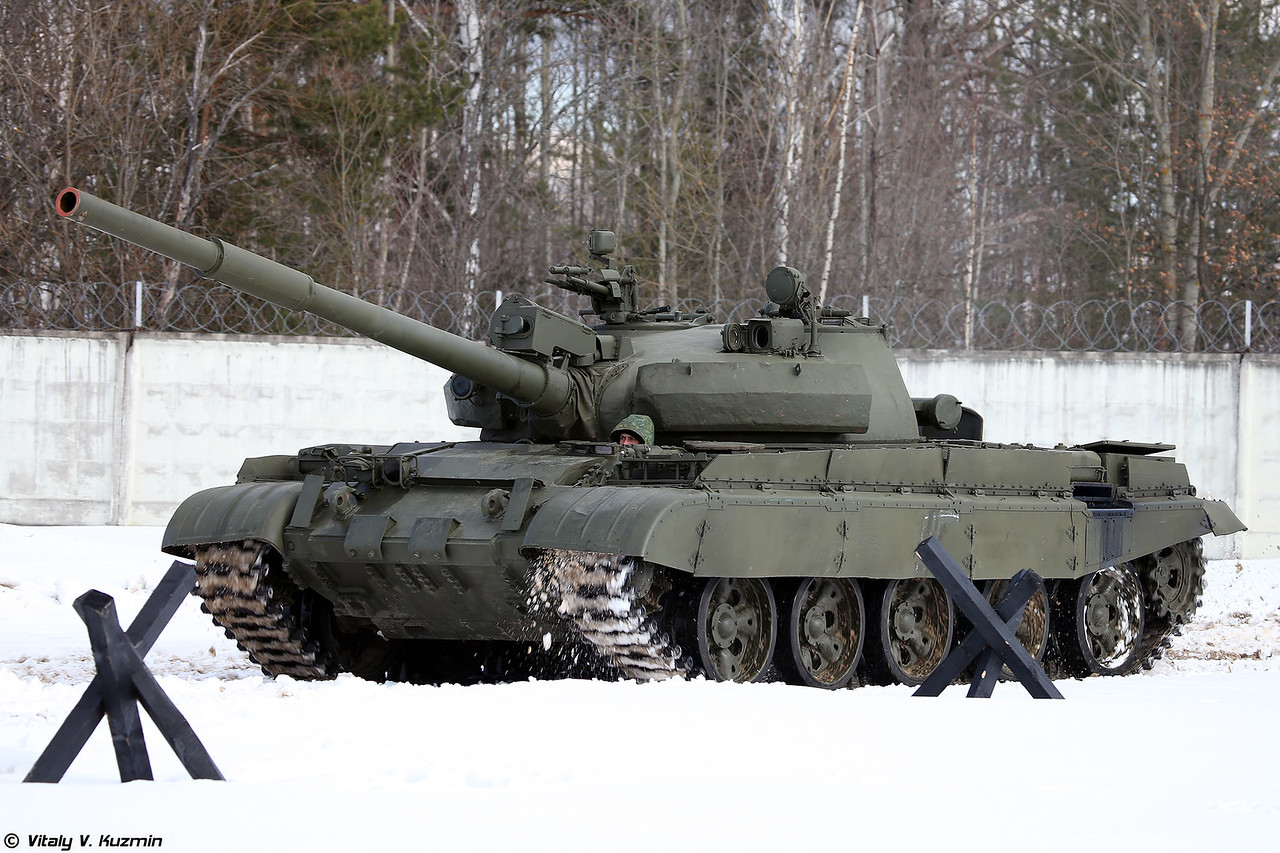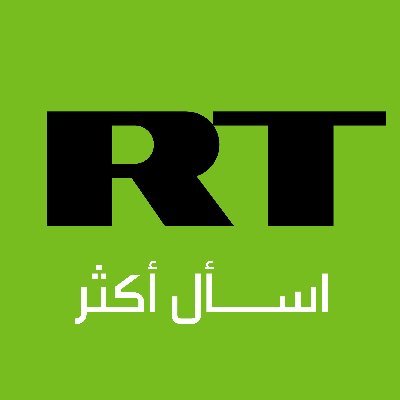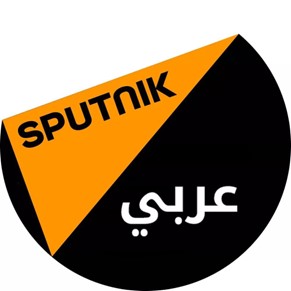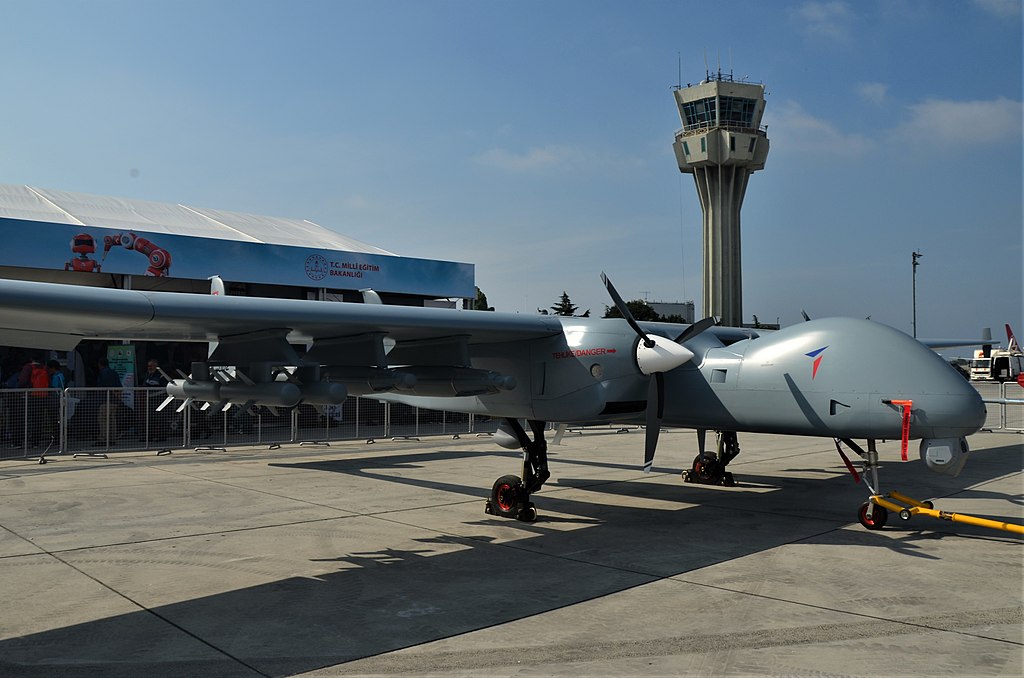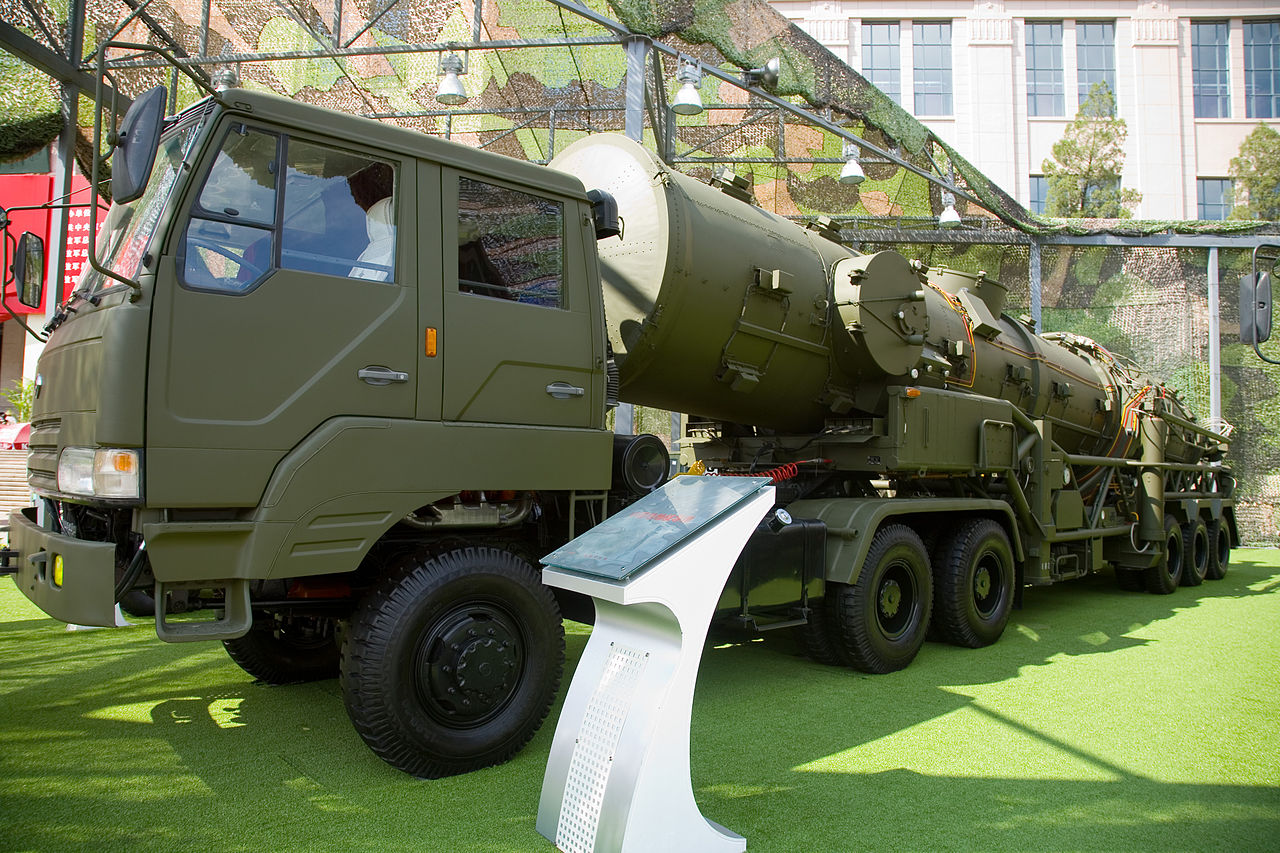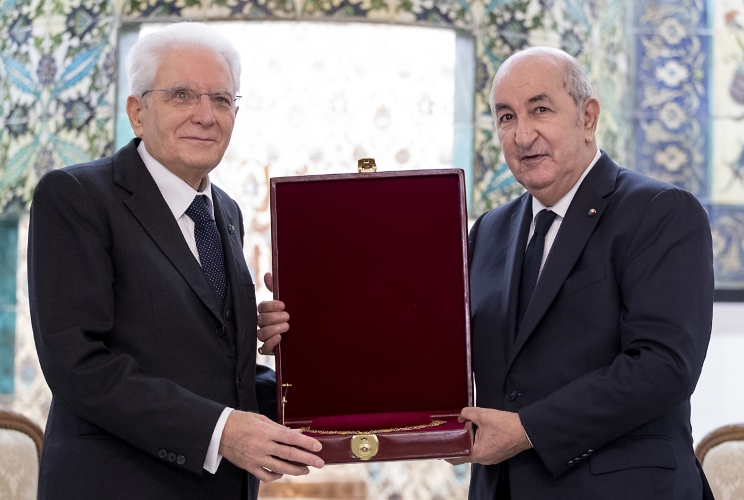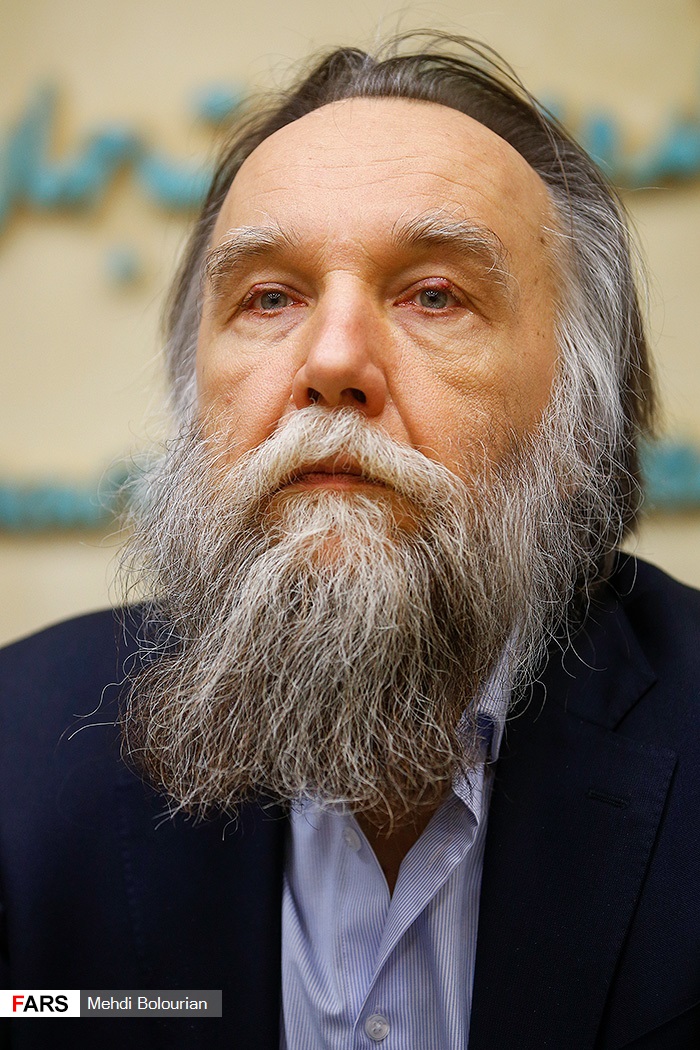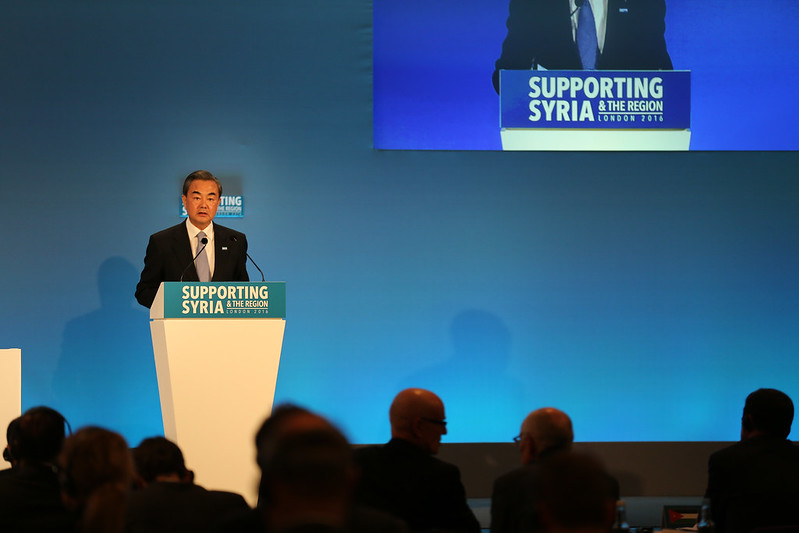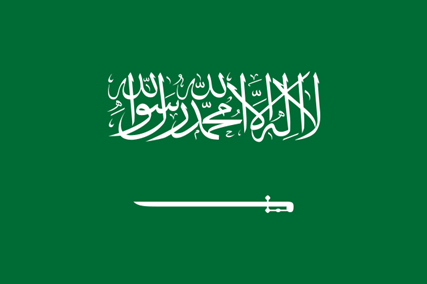
Flag of Saudi Arabia.
“… Saudi Arabia spent $1.4 billion (5.1 billion riyals) in incentives to boost its local military sector over the last two years …”
Much of the Saudi reporting and commentary on Xi Jinping’s December 2022 visit to Riyadh highlighted the visit as a turning point in the birth of a new, multipolar world order. Commentators in Saudi media consider the kingdom a key player in this new world order, one that can maintain good relations and effectively balance between competing poles of global power to safeguard its own national interests. In this view, as articulated in the first accompanying excerpt from the influential Saudi daily al-Sharq al-Awsat, expressions of deepening Saudi-Chinese relations do not by definition threaten the Saudi-U.S. security partnership, but rather are signals of engagement “based on common interests.”
Statements and agreements from the Saudi-organized Chinese-Arab summit revealed a growing alignment of Saudi and Chinese defense priorities that could put pressure on a key pillar of the Saudi-U.S. strategic partnership—arms sales. For now, China seems in no position to surpass the United States as a Saudi weapons supplier: between 2000-2019, the United States accounted for 60 percent of Saudi arms imports by value, while Chinese arms constituted less than 1 percent.[i] The fact that no weapons deals were signed or even publicly discussed during Xi’s visit to Riyadh indicates that arms trade is not yet a priority in the Saudi-Chinese relationship, although this may also be because the two sides had reportedly signed a blockbuster arms deal at the Zuhai Air Show only one month before the summit.[ii]
From the Saudi perspective, reducing its arms imports has become a key priority. In recent years, Saudi Arabia has begun shifting its defense priorities to better align with the kingdom’s “Vision 2030,” which includes localizing weapons manufacturing and developing an indigenous, high-tech national defense industrial base.[iii] As noted in the second accompanying excerpt, from the Saudi news channel al-Arabiya, the director of the Saudi military industry’s regulatory body explained that the kingdom has in the past two years channeled $1.4 billion toward “incentives to boost its local military sector.” Speaking at the Saudi 2023 Budget Forum last December, he added that more than half of that money has gone into research and development, mostly in Saudi Arabia’s priority defense production sectors, which include “unmanned systems, radars and cybersecurity.” Thus, it seems likely that licensing agreements and technology sharing, rather than weapons sales, will emerge as a centerpiece in future Saudi Arabian defense partnerships.
Many of the deals signed at the Chinese-Arab summit were memorandums of understanding and other documents of intent expressing a shared vision and approach, rather than contractual agreements. Notable domains where a bilateral shared vision and intent to deepen cooperation were expressed include space, information technology, telecommunications, and artificial intelligence. The two countries also signed a wide-ranging “digital economic partnership,” which covers a vast array of new technologies, detailed in the third accompanying excerpt, from the official Saudi news agency’s press release on the agreement. These various agreements and statements of intent, although not essentially military in nature, will likely bolster a growing partnership in high-tech weaponry such as unmanned systems, and are likely to feed into the kingdom’s broader defense and security efforts over the next decade.
Sources:
“العلاقات السعودية ـ الصينية وحسابات المصالح
Hoda al-Husseini. (Saudi-Chinese relations and the calculation of interests),” al-Sharq al-Awsat (influential Saudi daily), 8 December 2022. https://tinyurl.com/k342vwkd
… Saudi Arabia does not seek to replace the U.S.’s role in the Middle East and stop considering it the main guarantor of regional security; rather, it seeks to find a balance through which it safeguards its own interests. The relationship between Saudi Arabia and the United States is deeper and greater than a crisis with a transient American administration. At the summit, Prince Mohammed bin Salman will prove to the Chinese president that the Kingdom cannot be infiltrated by benefiting from tensions, but rather must be engaged through equal interaction based on common interests.
“Saudi Arabia spent $1.4 bln in incentives to boost local military sector in 2021-22,” al-Arabiya English (influential Saudi news media channel), 12 December 2022. https://english.alarabiya.net/News/saudi-arabia/2022/12/12/Saudi-Arabia-spent-1-4-bln-in-incentives-to-boost-local-military-sector-in-2021-22
Saudi Arabia spent $1.4 billion (5.1 billion riyals) in incentives to boost its local military sector over the last two years, the governor of the sector’s general authority Ahmed al-Ohali said on Monday…
SAMI’s chief executive officer Walid Abukhaled said the company will focus on unmanned systems, radars and cybersecurity in coming years. Both were speaking at a forum in Riyadh on Monday, in the wake of Saudi Arabia’s 2023 budget announcements.
“Saudi Arabia and China Strengthen Strategic Partnership in Digital Economy,” SPA – Saudi Press Agency (official Saudi news agency), 9 December 2022. https://www.spa.gov.sa/viewfullstory.php?lang=en&newsid=2407961
The Kingdom of Saudi Arabia has signed a strategic partnership for cooperation in the fields of digital economy with the People’s Republic of China, as part of the framework of the current official visit of President Xi Jinping of the People’s Republic of China to the Kingdom…The partnership develops a framework for cooperation between the two friendly countries, covering the fields of digital economy, communications and information technology, and promoting research and innovation in the field of emerging technologies, in addition to improving aspects of communications infrastructure, and enabling the growth of digital entrepreneurship through emerging business models such as financial technology and e-commerce. It also covers cooperation in the fields of artificial intelligence, advanced computing and quantum information technology, in addition to robots and smart equipment, and work to develop their technologies and applications for industrial and commercial purposes. Moreover, this partnership memorandum aims at enhancing the two friendly countries’ cooperation in the fields of the modern generation of mobile communications technology and emerging technologies. Within the framework of this partnership, the two sides will also cooperate in the field of digital technology applications and radio frequency spectrum management, in addition to their cooperation in developing and building local capabilities in communication and data centers, developing digital platforms and cloud computing services, and expanding submarine cable projects.
Notes:
[i] “Arms Sales in the Middle East: Trends and Analytical Perspectives for U.S. Policy,” U.S. Congressional Research Service, Updated 23 November 2020, p. 23.https://sgp.fas.org/crs/mideast/R44984.pdf
[ii] Several media outlets reported that Saudi Arabia and China signed a stack of weapons sales agreements worth around $4 billion at the November 2022 Zhuhai Air Show in China, a few weeks before the Saudi-organized Arab-Chinese summit. The deal reportedly included TB001 UAVs, YJ-21 anti-ship missiles, carrier-based hypersonic missile systems, and an anti-drone laser system known as the “Silent Hunter.” A Chinese military analyst cited by the English-language South China Morning Post is bullish on the prospects of growing Saudi-Chinese arms trade. He considers Saudi Arabia to be potentially interested in several Chinese land systems, including tanks, armored vehicles, and artillery—to include long-range rocket artillery. See: “Why is Saudi Arabia looking to China to buy weapons after years of arms deals with the US?” South China Morning Post, 8 December 2022. https://www.scmp.com/news/china/diplomacy/article/3202245/why-saudi-arabia-looking-china-buy-weapons-after-years-arms-deals-us;For more on the “Silent Hunter,” see: Lucas Winter, “Saudi Arabia Turns to China for Low-Altitude Air Defense,” OE Watch, Issue 4, 2022. https://community.apan.org/wg/tradoc-g2/fmso/m/oe-watch-articles-2-singular-format/415161
[iii] For background on Vision 2030’s impact on Saudi military industry and Saudi-Chinese defense industry relations, see: Lucas Winter “Saudi Arabia and the UAE Streamline Military Industry,” OE Watch, January 2020. https://community.apan.org/wg/tradoc-g2/fmso/m/oe-watch-articles-2-singular-format/353022; “Radars and UAVs: Saudi Arabia Taking Steps to Localize Military Industries,” OE Watch, November 2020. https://community.apan.org/search?q=Radars and UAVs%3A Saudi Arabia Taking Steps to Localize Military Industries; “Continued Growth and Development in Domestic High-Tech Military Industries of Saudi Arabia and the UAE,” OE Watch, March 2021. https://community.apan.org/wg/tradoc-g2/fmso/m/oe-watch-articles-2-singular-format/382665; “Will Saudi Arabia’s Domestic UAV Program Slow Get Off the Ground?,” OE Watch, Issue 1, 2022 https://community.apan.org/wg/tradoc-g2/fmso/m/oe-watch-articles-2-singular-format/405136; “UAV Technologies Proliferating in Yemen and Saudi Arabia,” OE Watch, Issue 7, 2022. https://community.apan.org/wg/tradoc-g2/fmso/m/oe-watch-articles-2-singular-format/420430; and “Saudi Arabia Continues Buying Missiles and UAVs From China as Part of Broader Foreign Policy Rebalancing,” OE Watch, Issue 11, 2022. https://community.apan.org/wg/tradoc-g2/fmso/m/oe-watch-articles-2-singular-format/429585
Image Information:
Image: Flag of Saudi Arabia
Source: https://upload.wikimedia.org/wikipedia/commons/0/03/Flag_of_Saudi_Arabia_%28type_1%29.svg
Attribution: Public Domain


